Will an UPS clean up generator power?
Yes, absolutely. An Uninterruptible Power Supply (UPS) will effectively clean up generator power and provide stable, clean electricity to sensitive equipment. When generators operate, they often produce power with voltage fluctuations, frequency variations, and harmonic distortions that can damage sensitive electronic equipment. The integration of a UPS system creates a comprehensive ups and generator backup solution that not only provides seamless power transfer during outages but also ensures the power quality meets the stringent requirements of modern electronic devices. This combination is particularly crucial for facilities where both power continuity and power quality are essential for operational success.

Generator Power Quality Issues
Understanding the common power quality problems associated with generator operation:
Voltage and Frequency Variations:
Voltage fluctuations during load changes and generator warm-up
Frequency instability during initial synchronization and load transitions
Slow response to sudden load demands causing temporary voltage dips
Overshooting during load reduction leading to voltage spikes
Waveform Distortions:
Harmonic distortions from non-linear loads and generator design limitations
Voltage notching from switching power supplies and rectifiers
Random noise interference from generator excitation systems
Transient voltages from generator switching and load changes
Stability Challenges:
Reactive power management issues affecting voltage stability
Power factor variations impacting overall system performance
Voltage regulation limitations in basic generator control systems
Mechanical governor limitations affecting frequency stability
UPS Power Conditioning Mechanisms
UPS systems employ multiple technologies to clean generator power:
Double Conversion Technology:
Complete isolation of output power from input power quality issues
Continuous AC to DC to AC power conversion process
Independent voltage and frequency regulation on output side
Elimination of generator-born electrical noise and interference
Advanced Filtering Systems:
EMI/RFI filters removing high-frequency electrical noise
Harmonic filters reducing total harmonic distortion (THD)
Transient voltage suppression protecting against spikes and surges
Common mode noise rejection for improved signal integrity
Voltage Regulation:
Automatic voltage regulation (AVR) maintaining stable output
Step-less voltage correction without switching to battery
Wide input voltage window operation accommodating generator fluctuations
Precise output voltage control within ±1% of nominal voltage
UPS Type Comparison for Power Conditioning
Different UPS technologies offer varying levels of power conditioning:
Online Double-Conversion UPS:
Provides complete power isolation and conditioning
Output power quality independent of input power quality
Typical use: Critical servers, medical equipment, industrial controls
Maximum protection for sensitive equipment in ups and generator backup systems
Line-Interactive UPS:
Provides basic voltage regulation and surge protection
Limited ability to correct frequency variations
Typical use: Network equipment, workstations, point-of-sale systems
Moderate power conditioning capability
Standby (Offline) UPS:
Minimal power conditioning during normal operation
Primarily provides surge protection and battery backup
Typical use: Personal computers, basic office equipment
Not recommended for generator power conditioning applications
Technical Configuration Considerations
Proper system design ensures optimal performance:
Capacity Planning:
UPS sizing to handle generator power variations and connected loads
Appropriate generator sizing to prevent excessive voltage dips
Consideration of motor starting currents and non-linear loads
Coordination between UPS and generator control systems
Installation Requirements:
Proper grounding and bonding between systems
Adequate ventilation and cooling for UPS operation
Electrical separation of sensitive and non-sensitive loads
Compliance with local electrical codes and standards
System Integration:
Communication protocols between UPS and generator controls
Automatic generator start signals based on UPS status
Load sequencing to prevent generator overload during startup
Bypass operation considerations for maintenance scenarios
Economic Benefit Analysis
The financial advantages of implementing a comprehensive power solution:
Equipment Protection:
Extended lifespan of sensitive electronic equipment
Reduced maintenance costs for connected devices
Prevention of data loss and corruption from power quality issues
Minimized production downtime due to equipment failure
Operational Efficiency:
Improved system reliability and reduced emergency repairs
Lower total cost of ownership through integrated maintenance
Energy savings through optimized power factor correction
Reduced insurance premiums for improved risk management
Investment Justification:
Typical payback period of 1-3 years for critical operations
Quantifiable savings from prevented downtime and equipment damage
Enhanced business continuity and customer satisfaction
Compliance with industry standards and regulatory requirements
Selection and Implementation Guide
Choosing and deploying the right solution:
UPS Selection Criteria:
Online double-conversion technology for maximum protection
Adequate capacity for current loads and future expansion
Compatibility with generator control systems
Service and support capabilities from manufacturer
Implementation Best Practices:
Professional site assessment and system design
Coordinated installation by qualified technicians
Comprehensive testing and commissioning procedures
Staff training on operation and basic troubleshooting
Ongoing Management:
Regular maintenance scheduling for both systems
Performance monitoring and documentation
Periodic system testing under actual load conditions
Continuous improvement based on operational experience
Conclusion
A properly configured UPS system will effectively clean generator power, providing stable, high-quality electricity suitable for even the most sensitive electronic equipment. The combination of these technologies creates a robust ups and generator backup solution that addresses both power availability and power quality requirements. For facilities where equipment protection and operational continuity are critical, this integrated approach delivers significant benefits that justify the investment in both technologies.
Our power systems specialists can help you design and implement the optimal UPS and generator combination for your specific power quality requirements. Contact us at skala@whjlmech.com for expert assistance in creating your complete power protection solution.
References
International Electrotechnical Commission. (2023). IEC 62040: Uninterruptible power systems (UPS). Geneva: IEC.
Institute of Electrical and Electronics Engineers. (2023). IEEE Standard 519: Recommended Practice and Requirements for Harmonic Control in Electric Power Systems. New York: IEEE.
National Fire Protection Association. (2023). NFPA 70: National Electrical Code. Quincy: NFPA.
Johnson, M. (2022). Emergency Power Systems: A Comprehensive Guide to High-Speed Diesel Generators. Power Engineering Quarterly, 45(3), 78-92.
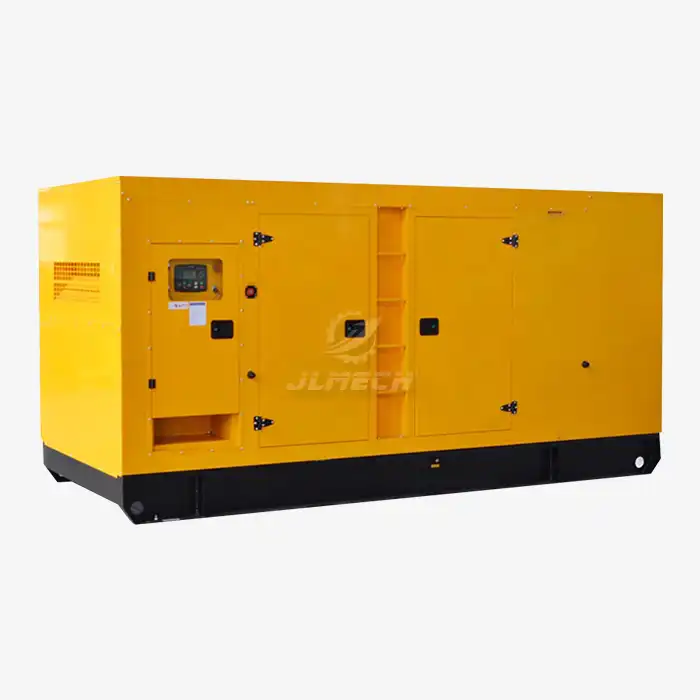 VIEW MOREdiesel generator set 500kva
VIEW MOREdiesel generator set 500kva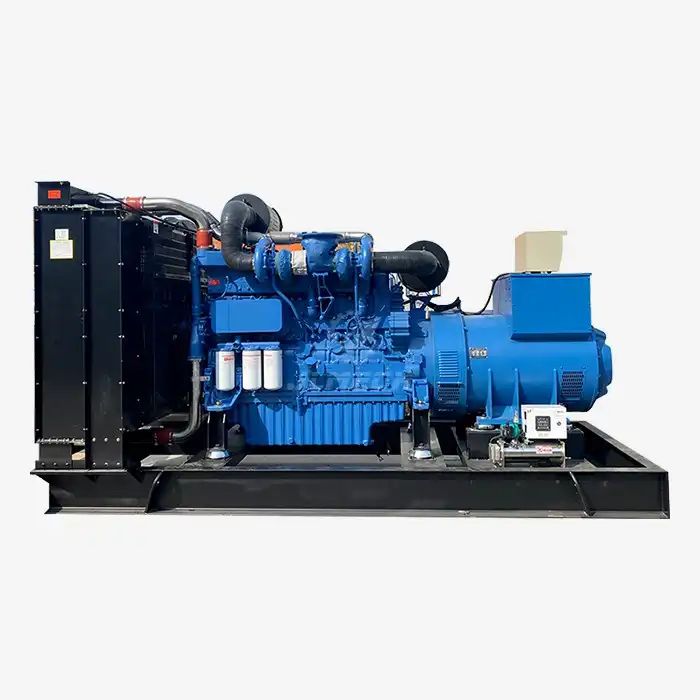 VIEW MOREBackup diesel unit
VIEW MOREBackup diesel unit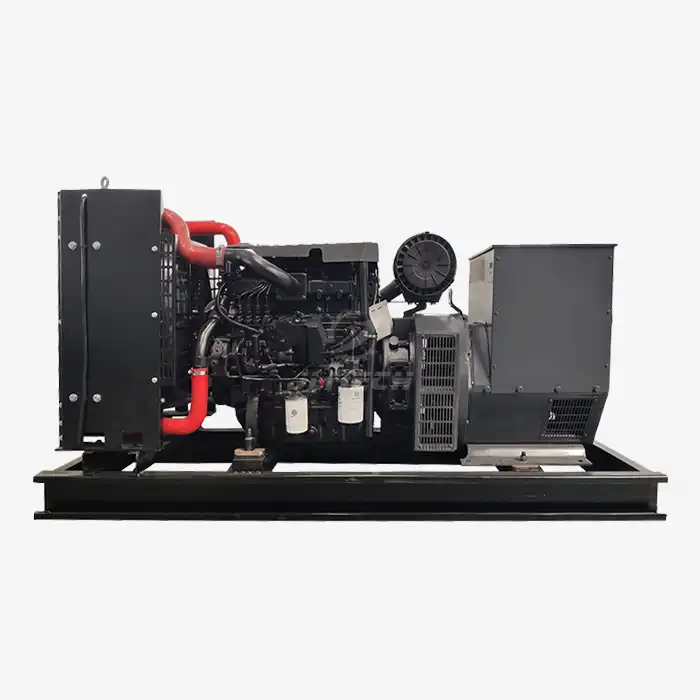 VIEW MORE60Hz industrial diesel generator
VIEW MORE60Hz industrial diesel generator VIEW MOREIndustrial application diesel generator
VIEW MOREIndustrial application diesel generator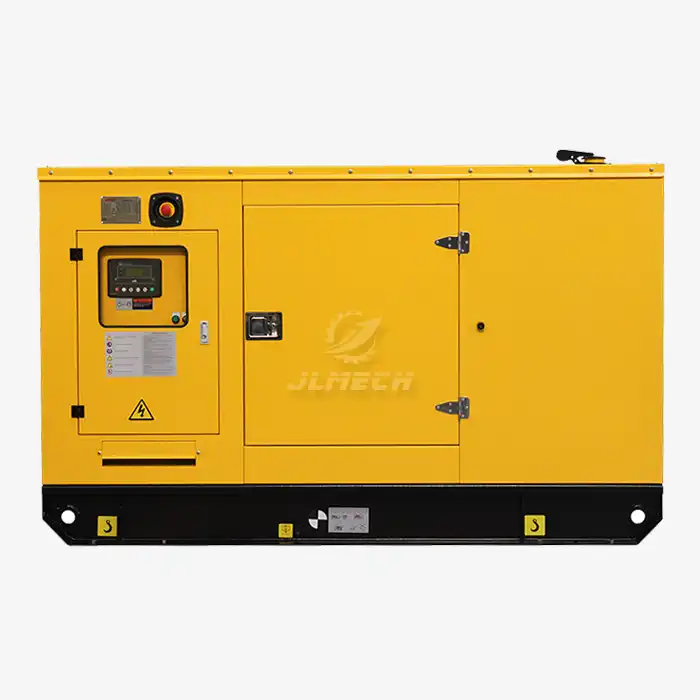 VIEW MOREElectric Silent Diesel Genset
VIEW MOREElectric Silent Diesel Genset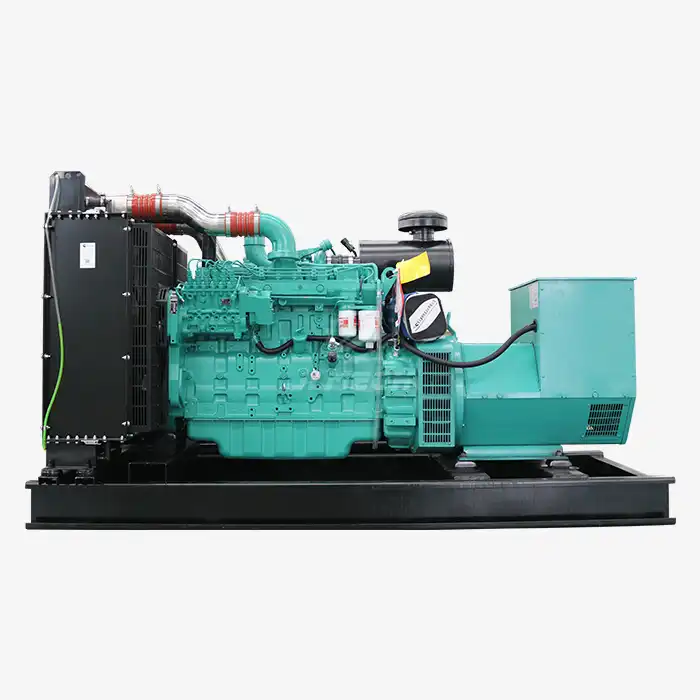 VIEW MORETDi-Turbodirect injector diesel engine generator
VIEW MORETDi-Turbodirect injector diesel engine generator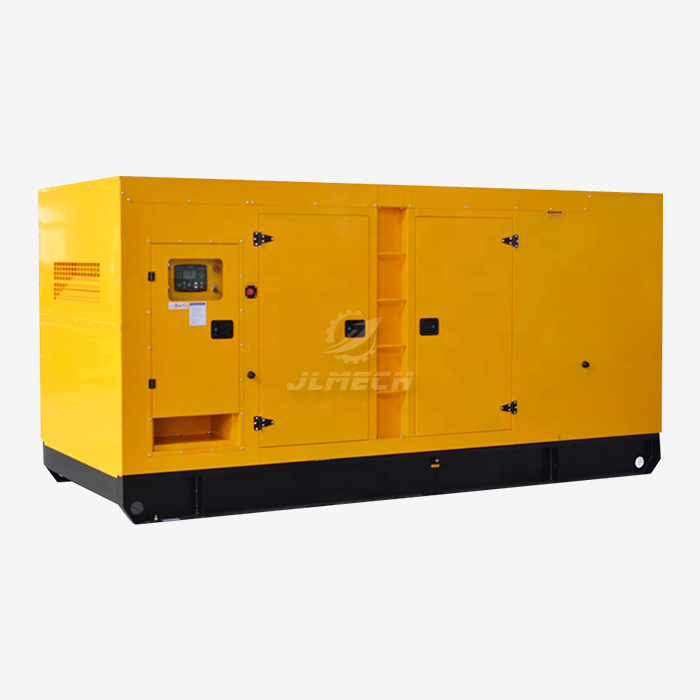 VIEW MOREVolvopenta diesel generator 100KW
VIEW MOREVolvopenta diesel generator 100KW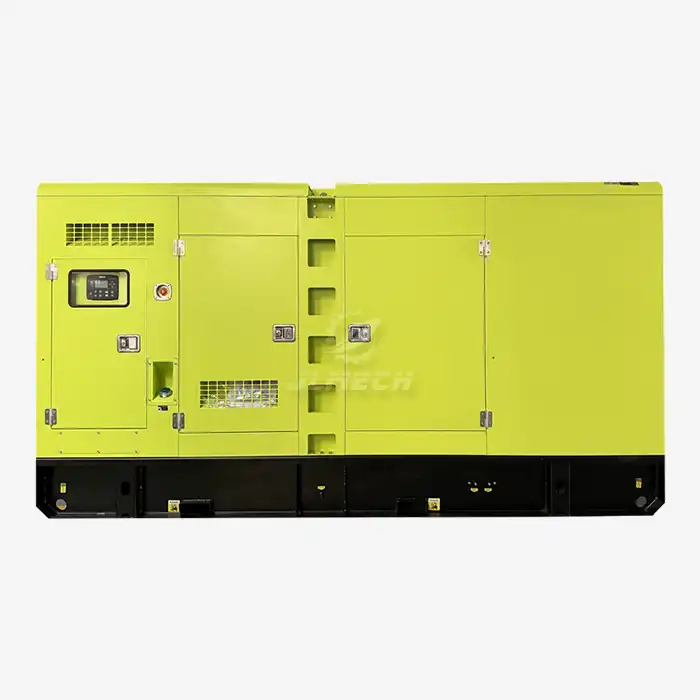 VIEW MORE220v 50hz super silent diesel generator set
VIEW MORE220v 50hz super silent diesel generator set



